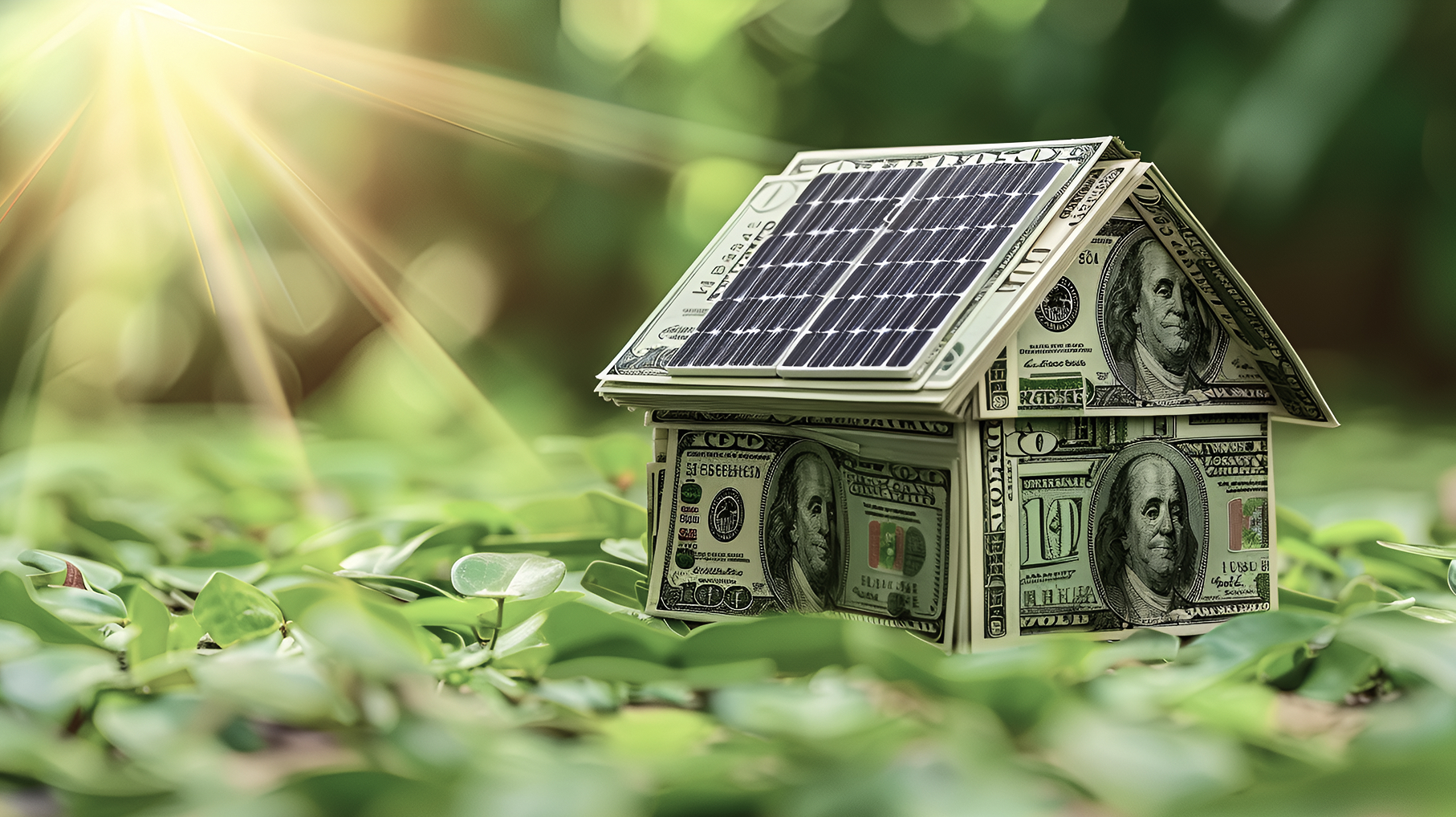How Solar Energy Can Save You Thousands


In an era of rising energy costs and increasing environmental concerns, solar energy has emerged not just as a sustainable solution—but as a smart financial investment. More and more homeowners and businesses are turning to solar power to take control of their electricity expenses and enjoy long-term economic benefits. But how exactly can solar energy save you thousands of dollars over time?
The most immediate and noticeable benefit of going solar is the reduction in your monthly electricity bills. Once your solar panels are installed, you start generating your own energy. This means you rely less on the utility company and significantly reduce how much you pay for electricity. In many cases, homeowners report savings between $100 and $300 per month, depending on system size and location.
Over the lifespan of your solar panel system—which can exceed 25 years—those monthly savings add up quickly. According to recent studies, a typical U.S. homeowner can save between $15,000 and $40,000 over two decades. In high-cost electricity states like California, New York, or Hawaii, the savings can be even greater.

Another way solar helps you save is through net metering. This billing arrangement allows you to sell excess energy your system produces back to the grid, earning you credits or rebates on your utility bill. Essentially, your home becomes a small power plant, and you’re paid for the energy you contribute—especially during sunny months when you produce more than you consume.
What about the initial cost? Fortunately, the price of solar panels has dropped dramatically in the last decade—by over 70% since 2010—and the availability of government incentives, tax credits, and rebates makes the transition even more affordable. The federal solar investment tax credit (ITC), for example, allows homeowners to deduct 30% of the installation cost from their federal taxes.
Beyond direct financial returns, solar panels also increase property value. Studies show that homes equipped with solar sell faster and for higher prices than comparable homes without solar. Buyers see the value in lower utility costs and long-term energy independence, making solar a highly attractive asset when you put your home on the market.
Moreover, solar energy systems require minimal maintenance. With no moving parts, they rarely break down and usually come with warranties lasting 20–25 years. That means decades of energy production with little to no upkeep costs—just clean panels and clean savings.
In summary, solar energy offers more than environmental benefits—it’s a long-term strategy for financial freedom. From immediate utility savings and government incentives to long-term value and low maintenance, solar is a smart investment that pays for itself—and then some.